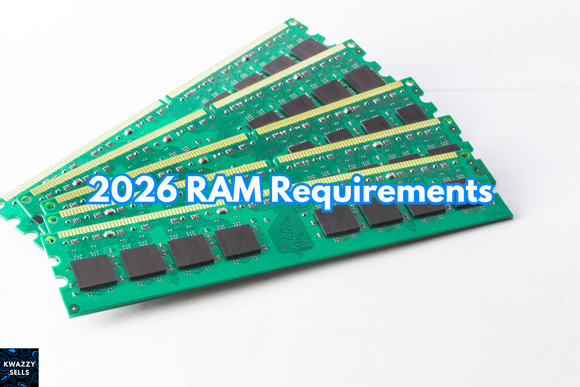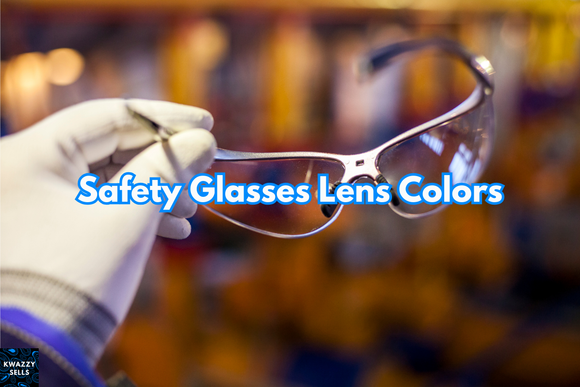Mechanical vs Membrane Keyboards: A Deep Dive
Mechanical vs Membrane Keyboards: A Deep Dive
Choosing the right keyboard can make a real difference in comfort, productivity, and long-term satisfaction. Mechanical and membrane keyboards are the two most common types available today. While mechanical keyboards are widely regarded as the premium choice, membrane keyboards remain popular for their affordability and simplicity. Here’s a detailed breakdown to help you decide which is best for your needs.
How They Work
- Mechanical keyboards use individual mechanical switches beneath each key. This design provides a consistent, precise feel and allows for a wide range of typing experiences.
- Membrane keyboards use a pressure pad system. Pressing a key pushes down on a flexible membrane layer to register the input.
Types of Mechanical Key Switches
Some types of mechanical switches include:
- Clicky Switches: Provide a tactile bump and an audible click with each press. Many typists enjoy the clear feedback. Example: Cherry MX Blue.
- Tactile Switches: Offer a noticeable bump at the actuation point but are quieter than clicky switches. Example: Cherry MX Brown.
- Linear Switches: Deliver a smooth and consistent keystroke with no tactile bump or click. Popular for gaming and fast typing. Example: Cherry MX Red.
- Silent Switches: Designed with dampening materials, these minimize noise, making them ideal for quiet or shared environments. Example: Cherry MX Silent Red.
Mechanical Keyboard Size and Portability
Mechanical keyboards come in a variety of sizes, from full-size layouts to compact 60% models. Compact mechanical keyboards are highly portable and save desk space, so you don’t have to sacrifice convenience or mobility to enjoy mechanical switches.
Advantages of Mechanical Keyboards
- Durability: Typically rated for 50 million or more keystrokes per key, far outlasting most membrane models.
- Customizable Feel: With different switch types available, users can select the typing experience that suits them best.
- Responsiveness: Mechanical switches offer precise and reliable input, which is beneficial for gaming, programming, and heavy typing.
- Easy Maintenance: Individual keys and switches can be replaced or customized as needed.
- N-Key Rollover: Many mechanical keyboards support multiple simultaneous keypresses, which is important for gaming and certain professional tasks.
- Wide Range of Sizes: From full-size to ultra-compact, mechanical keyboards fit all kinds of setups.
Disadvantages of Mechanical Keyboards
- Cost: Mechanical keyboards are generally more expensive than membrane keyboards.
- Noise (Varies): Some switches are loud and clicky, but many options—like linear or silent switches—are much quieter.
Advantages of Membrane Keyboards
- Affordability: Lower cost makes them accessible for most users.
- Quiet Typing: The membrane design is generally quieter than most mechanical switches (except for silent mechanical options).
- Lightweight and Slim: Slim, lightweight builds are easy to move and store.
Disadvantages of Membrane Keyboards
- Shorter Lifespan: Keys can wear out faster, with a typical lifespan of 5 to 10 million keystrokes.
- Less Tactile Feedback: Typing feels softer or “mushy,” which can affect speed and accuracy.
- Limited Customization: Few options for changing key feel or replacing individual keys.
- Lower Precision: Not as responsive for fast or heavy typing, which can be a drawback for gaming or intensive work.
Who Should Choose Which?
- Mechanical keyboards are best for users who want a tailored typing experience, need durability, or require high performance for gaming or professional work.
- Membrane keyboards are ideal for those prioritizing budget, quiet operation, or portability.
Conclusion
Mechanical keyboards stand out for their performance, long life, and customizability, with a range of switch types from loud and clicky to silent and smooth. Membrane keyboards remain a solid choice for basic needs at a lower price. The right keyboard depends on your personal preferences, usage habits, and environment.


